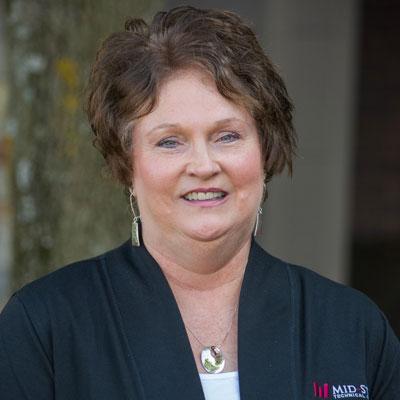
Early Childhood Educator Apprenticeship
Early childhood educators educate, nurture, and support the development of young children in early learning environments, fostering their cognitive, social, emotional, and physical growth.
Early childhood educators typically:
- Establish and maintain a safe, inclusive, and engaging classroom environment that promotes curiosity, creativity, and positive social interactions.
- Support children's self-help skills, including routines related to hygiene, nutrition, and social-emotional regulation.
In addition to hands-on interaction, early childhood educators play a vital role in planning and delivering developmentally appropriate educational experiences that support each child's cognitive, emotional, social, and physical growth. A strong foundation in child safety is also essential—educators must be trained in supervision strategies, emergency preparedness, first aid and CPR, childproofing techniques, and how to recognize signs of illness or injury. By consistently applying these safety practices and thoughtful educational planning, early childhood educators create nurturing, secure environments where children can learn, grow, and thrive.
- Work Conditions
-
Early childhood educators work in dynamic indoor and outdoor settings, from classrooms to playgrounds, engaging with children year-round in all types of weather. These environments are often lively, noisy, and full of movement, requiring educators to have physical stamina and flexibility. The role involves frequent standing, bending, lifting children and classroom materials, and actively participating in play and learning activities.
- Training
-
This two-year apprenticeship, 24 credits, focuses on child development, family and community relationships, health and nutrition, supporting student needs, and much more.
- 2-year program
- 4,000 hours of on-the-job learning
- 432 hours of paid related instruction
Additional Training
The apprentice must complete the following prior to finishing the program:
- Obtain Infant/Child Automated External Defibrillator (AED), First Aid, and CPR certification during the first three months of the program and maintain it.
- Complete Wisconsin Department of Children and Families (DCF) certification requirements to provide care to children within the first six months of the program.
- Register with Wisconsin Registry within the first six months of the program and keep their registration updated.
- Successfully complete Transition to Trainer in the final year of the program.
- Instructors
-
JILL PRZEKURAT, BS, MA
Jill has a bachelor's in early childhood education from UW–Stevens Point and a master's in education from Saint Mary's University of Minnesota. She has taught 4K, kindergarten, and first grade and holds a Wisconsin DPI teaching license. A Wisconsin Pyramid Model Trainer, she is passionate about supporting educators, mentoring new teachers, and encouraging lifelong learning, believing that play and positive early experiences build the foundation for success.
“I joined Mid-State Technical College because I wanted to broaden my impact on early childhood education. I strongly believe that positive and enriching early childhood experiences lead to a healthy and successful life. And I agree with Plato: ‘Life must be lived as play.’”
- Application Requirements
-
To qualify for this apprenticeship opportunity, applicants must meet the following requirements:
Employer: Meet entry requirements of employer (varies)
Education: High school diploma or equivalent
Application: Applicants apply directly to participating employersGet Started
If you meet the application requirements listed above, do the following to get started:
- Obtain direct employment through a company/organization that operates an apprenticeship program or a similar sponsorship. If an employer decides to move forward with the apprentice agreement, the employer will need to submit an apprentice application to the Department of Workforce Development (DWD).
- Contact Mike Ruminski to learn about the application process:
Mike Ruminski
Apprenticeship Training Representative: Emerging Industries
Wisconsin Department of Workforce Development - Bureau of Apprenticeship Standards
920.930.6667
Email



